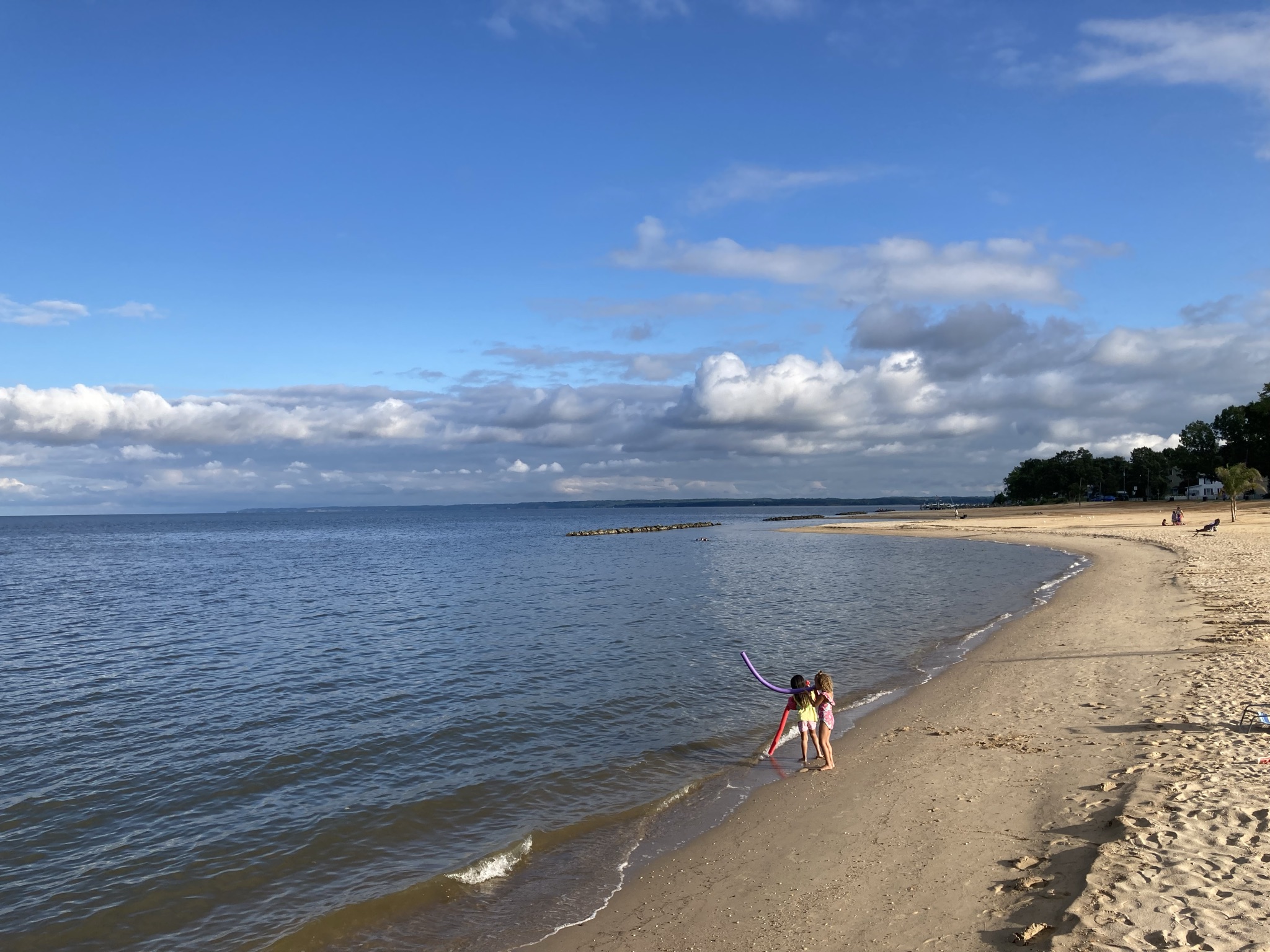It’s time: get the lead out of our schools
Anna Zimmerman, a second grade teacher in Kent, teams up with Environment Washington Development Associate Lillie Wright to call on legislators to support House Bill 1139 and get the lead out of our schools.
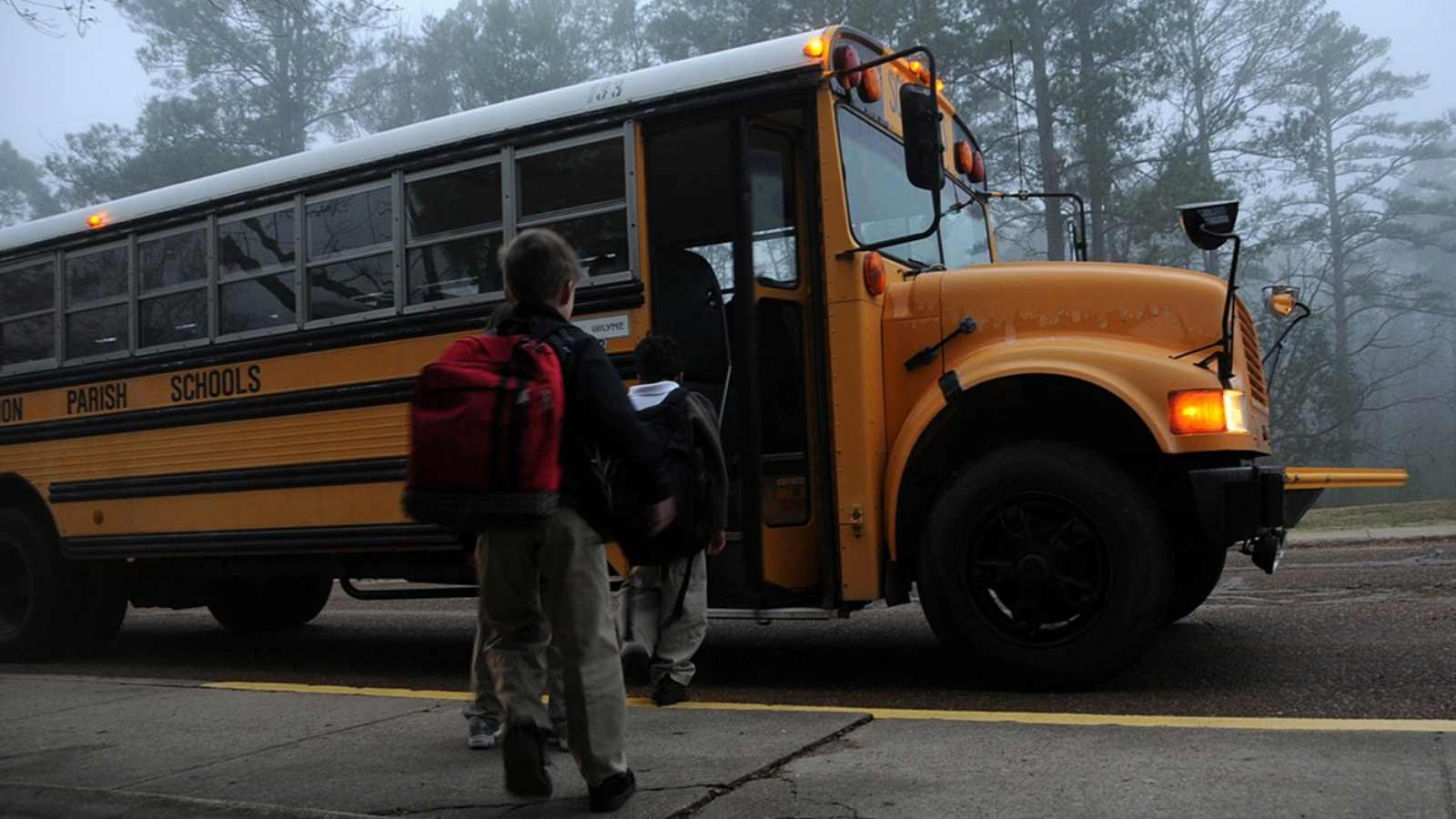
As an elementary school teacher in Kent, Anna Zimmerman has seen first-hand how challenging this year has been on our teachers and students. Her second graders are not technology experts; many struggle with typing, reading, or spelling; some are dealing with internet connectivity issues or less-than-perfect tech. Some are home alone or are even tasked with taking care of younger siblings.
I think one thing we can all agree on is that the sooner we can get kids back to school safely, the better. But in the midst of a global pandemic, the safety of our students, teachers, and school faculty is critical.
But long before the first US COVID-19 case was diagnosed in Washington last year, a different health crisis was at play: Lead in school drinking water. In fact, more than 60% of drinking water taps that were tested in Washington schools had lead in the water. So years before Anna’s students were hunkered down at home trying to unmute themselves on a Zoom portal, they were at risk of devastating health effects from the drinking fountain down the hall.
The crisis that unfolded in Flint, Michigan brought this problem to national attention and provided a horrifying case study on the effects of contaminated water. More than 8,000 children under the age of 6 drank lead-contaminated water. And no amount of lead is safe–According to the EPA, even low levels of exposure have been linked to damage to the central and peripheral nervous system, learning disabilities, shorter stature, impaired hearing, and impaired formation and function of blood cells.
We know now this crisis extends well beyond Flint. Twenty-two states, including Washington, are failing to adequately get the lead out of school drinking water. According to a report by Environment Washington and WashPIRG in which 199 schools and preschools were tested, a whopping 97% had at least one tap where lead was detected at 1ppb or greater in the water.
We want to send kids back to school safely and soon. The last thing parents and educators need to worry about when schools reopen is what’s coming out of the faucets. As COVID vaccines come together in response to one crisis, we have the opportunity to concretely address the other.
In this legislative session, our state leaders should protect our kid’s health through supporting a larger capital investment in the Healthy Kids-Healthy Schools program, which funds remediation of lead-laden fixtures across the state. Additionally, our legislators should support House Bill 1139, which will require that schools take action to remediate lead-laden taps when lead is detected in the water above a concentration of 5 ppb. While the American Academy of Pediatrics recommends a 1 ppb drinking water standard, establishing a 5 ppb action level will be a big improvement from the current standards in place for Washington State, putting us on par with other jurisdictions like Montana and Washington, DC that have established a 5 ppb standard to keep kids safe. The bill will also require that every outlet is tested for lead and will ensure that parents and communities know when lead is detected in drinking water at the school their child attends. This bill should have the support of every legislator, school district administrator, and school board member in the state. Let’s commit to keeping our kids healthy and safe in every way we can.
You can take action by emailing your local legislators and encouraging them to support HB 1139. You can also act by calling the toll-free hotline at 1-800-562-6000 between 8 AM and 7 PM, Monday through Friday, and leaving a message for all of your legislators urging them to say YES to HB 1139.
Topics
Authors
Lillie Wright
Find Out More
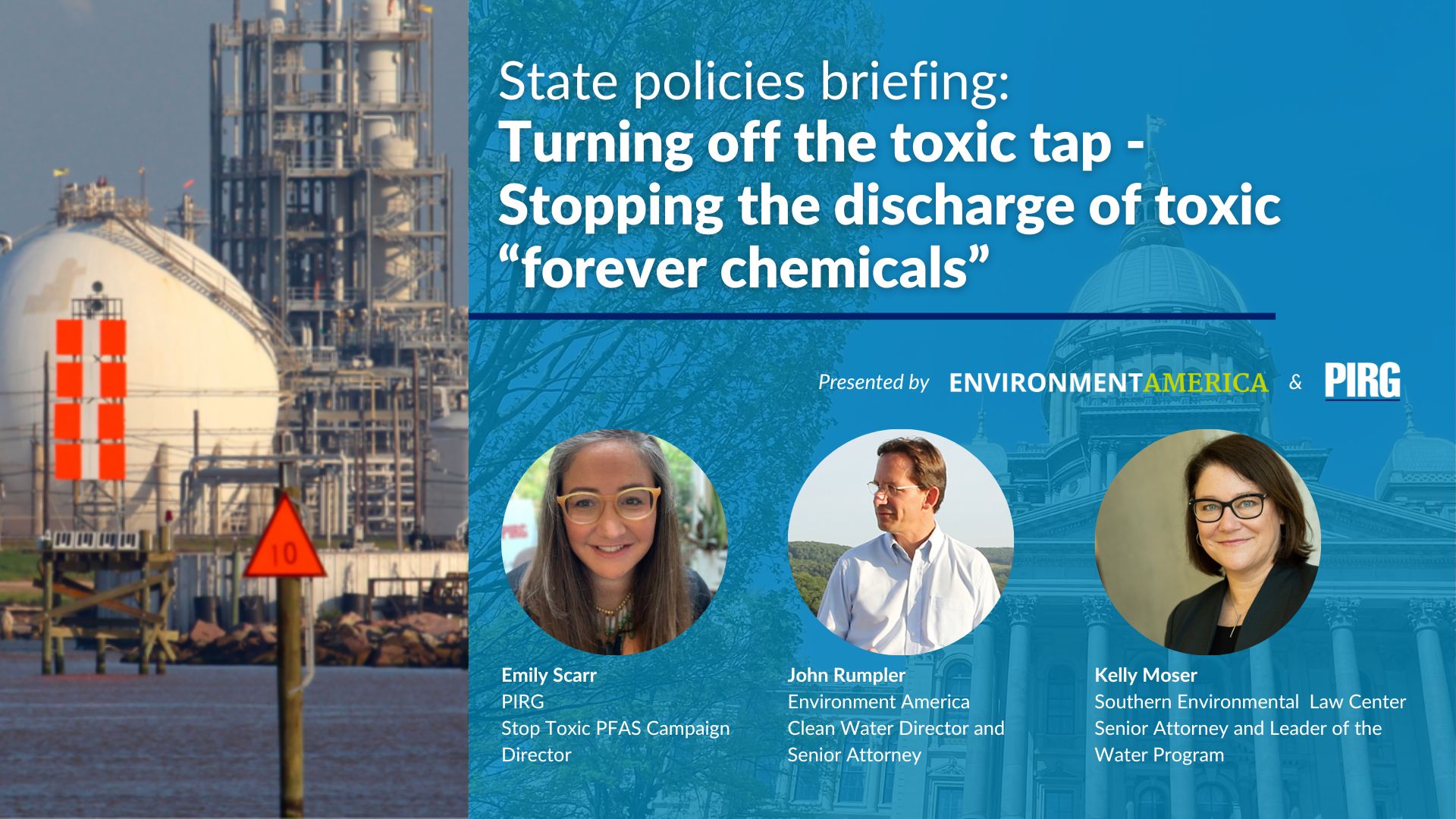
Event highlights role of states in stopping industries from dumping toxic PFAS
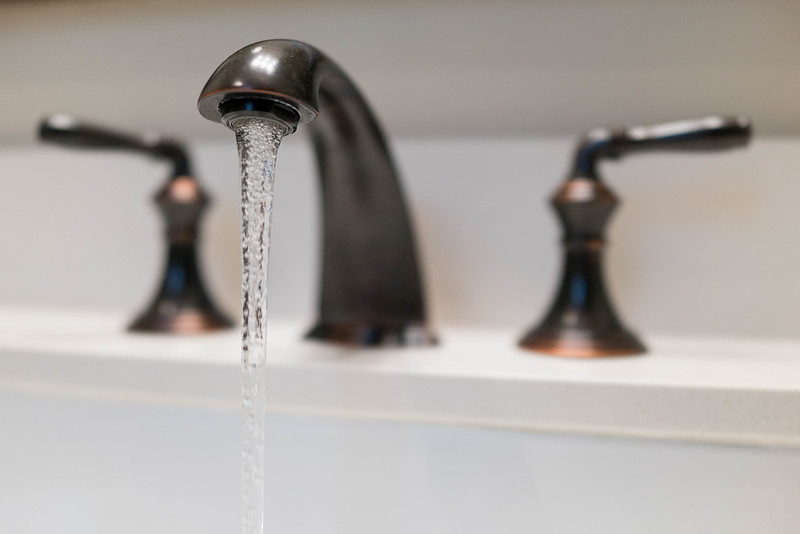
Got PFAS?
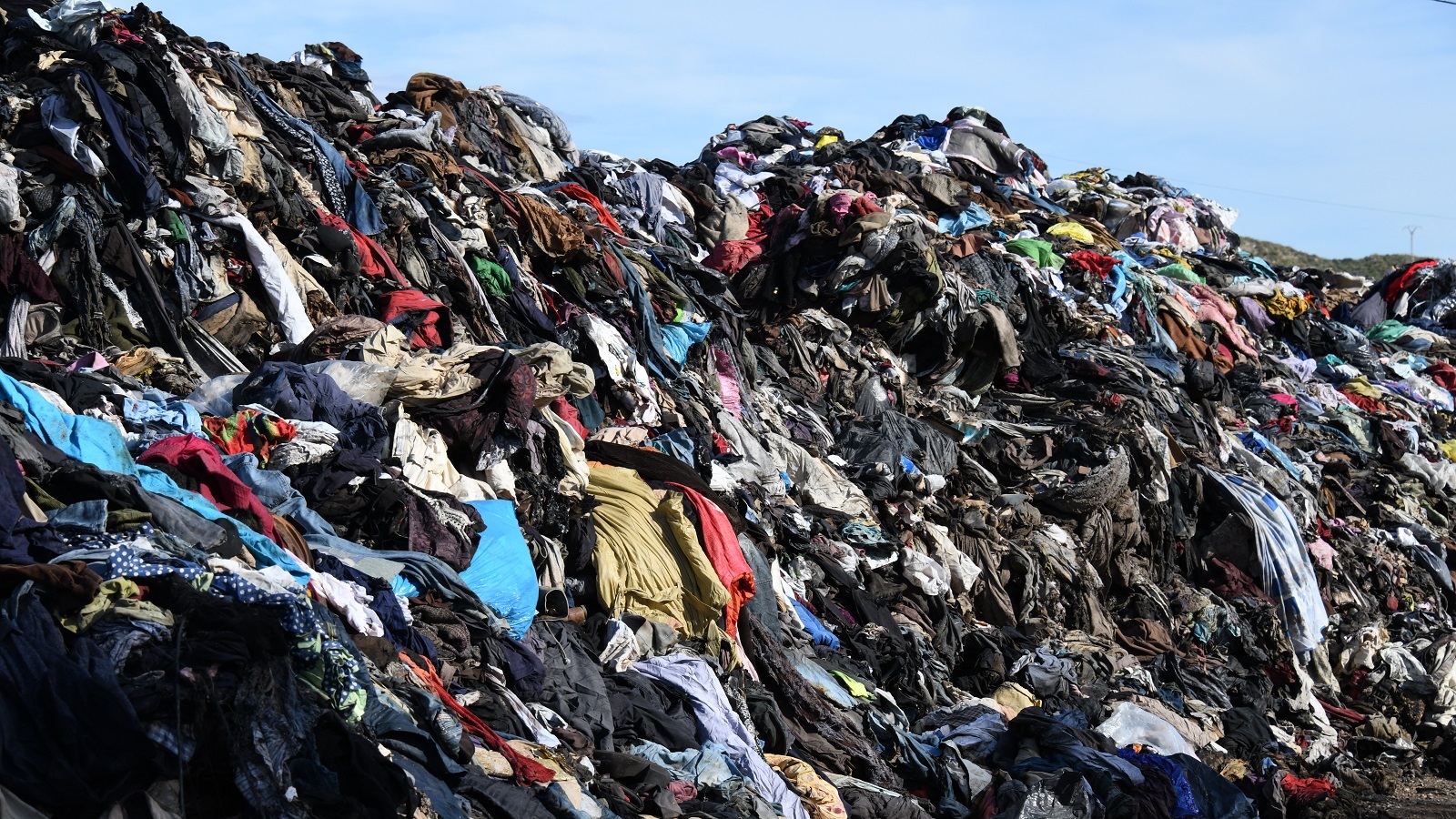
What’s the problem with fast fashion?
